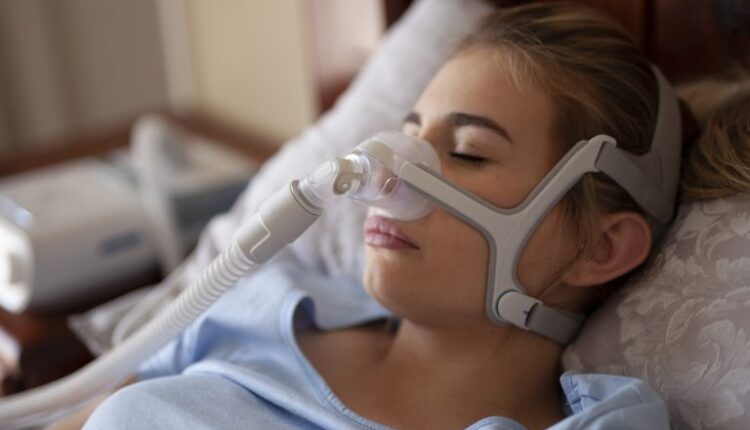Snoring can interfere with your sleep cycle, keeping you awake. However, if you have been awakened, by your partner or awakened yourself with a snore, you might be suffering from sleep apnea. According to statistics, more than twenty million Americans are living with sleep apnea, with most of them unaware that they have this condition. Therefore, finding sleep apnea relief at Bridgewater Respacare is essential to prevent severe consequences associated with the condition. More than only being an annoyance, sleep apnea can result in life-threatening consequences. Here are more details about sleep apnea and its treatments.
Why is Sleep Apnea Another Name for Snoring?
No, sleep apnea and snoring are not the same. Snoring refers to the annoying sound produced when air passes through the relaxed tissues in your throat when you are asleep. Sleep apnea is a medical condition where you’re breathing repeatedly, pauses, and restarts when you are asleep. Therefore, it is important to understand that snoring does not mean you have sleep apnea, but many people with sleep apnea often snore loudly.
What Are the Potential Risk Factors for Sleep Apnea?
Overweight individuals are particularly at a higher risk of getting sleep apnea. According to scientists, fat deposits surrounding the upper airway can make the muscles of the airways lose tone, causing obstructed breathing. Also, people with narrow throats, thicker necks, or enlarged tonsils or adenoids are at risk of getting sleep apnea. Statistics show that sleep apnea affects more men than women, occurring more in older adults. Other sleep apnea risk factors include; smoking, drinking alcohol, and a family history of the condition.
What Are the Common Symptoms of Sleep Apnea?
Understanding sleep apnea symptoms can help you know if you have the condition. Some people live with sleep apnea for years before an appropriate diagnosis because most symptoms suggest other medical problems. Some common sleep apnea symptoms include; low libido, daytime sleepiness, memory issues, headaches in the morning, and irritability. Your sleep partner will likely notice symptoms such as loud snoring and suddenly gasping for breath.
How Is Sleep Apnea Diagnosed?
If you feel you have sleep apnea symptoms, your doctor will evaluate your symptoms to confirm the condition. You might also require a sleep specialist to do testing, such as monitoring your breathing overnight. Your doctor uses polysomnography to monitor your lung, heart, and brain activity while sleeping.
How Is Sleep Apnea Treated?
If your doctor diagnoses you with mild to severe sleep apnea, they might recommend medications, device treatments, or surgery to open up the airways. Some common treatment therapies include continuous positive airway pressure (CPAP), where a machine puts constant air pressure via a mask into the mouth or nose to keep your airways open.
For mild sleep apnea cases that interfere with your sleep, lifestyle changes can help relieve the symptoms. These include; reducing alcohol consumption, getting regular physical exercises, avoiding caffeine around bedtime, and developing a bedtime routine such as having dim lights and getting a warm birth.
Sleep apnea is a sleeping disorder that can get worse if not treated. Getting proper medical care will help ease your symptoms and also help to prevent other potential complications. Sleep specialists will conduct sleep apnea tests and recommend customized treatments depending on your underlying condition.


Comments are closed.